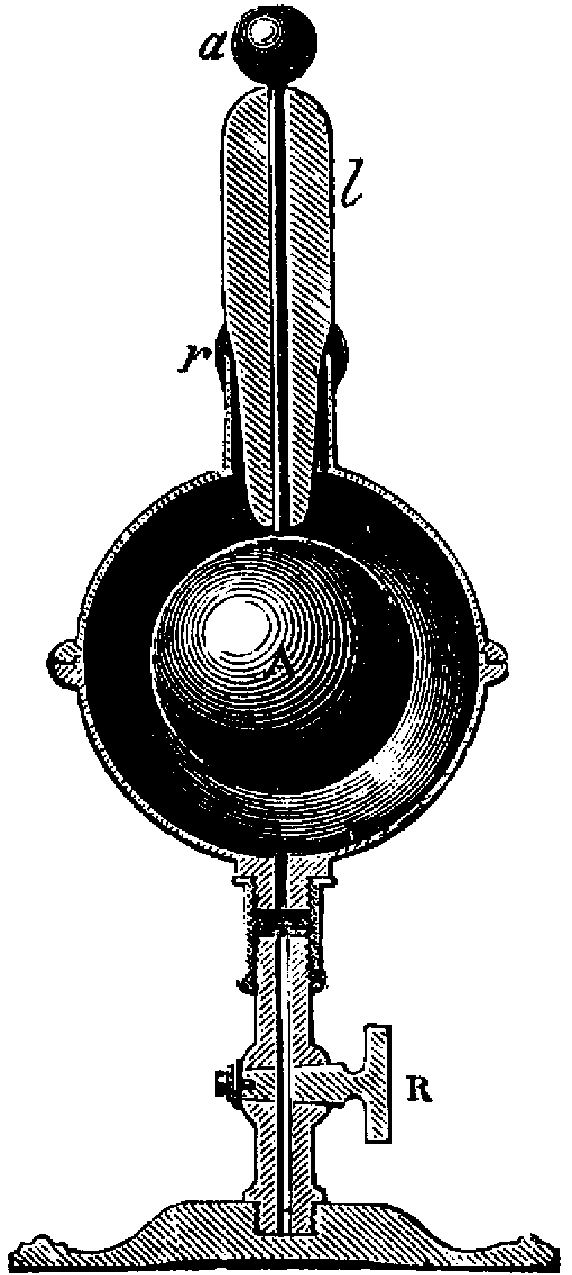Canales, J. Exit the frog, enter the human: physiology and experimental psychology in nineteenth-century astronomy. The British Journal for the History of Science, 2001, 34, pp. 173 - 197.
Copyright (c) 2001, British
Society for the History of Science. Reprinted with permission
of the Cambridge University Press.
Permission of the author and the publisher is granted to make (download) a
single copy of this abstract, for personal, noncommercial use.
All other rights are reserved.
Modification or redistribution of all or part of this work in any form is
forbidden: Please contact the author and the publisher for permission to
post or copy this work for any purpose.
The full text of this work is available online by subscription from the Cambridge University Press.
 Exit the frog, enter the human: physiology and
experimental psychology in nineteenth-century astronomy, by
Jimena Canales1.
Exit the frog, enter the human: physiology and
experimental psychology in nineteenth-century astronomy, by
Jimena Canales1.This paper deals with one of the first attempts to measure simple reactions in humans. The Swiss astronomer Adolph Hirsch investigated personal differences in the speed of sensory transmission in order to achieve accuracy in astronomy. His controversial results, however, started an intense debate among both physiologists and astronomers who disagreed on the nature of these differences. Were they due to different eyes or brains, or to differences in skill and education?
Furthermore, they debated how to eliminate them. Some, for example, wanted to eliminate the observer, and prescribed the use of new technologies like the electro-chronograph or photography, while others believed in discipline and education. By debating the nature of these differences, astronomers and physiologists sketched both different conceptions of 'man' and different paths to objectivity.
These diverse conceptions, moreover, were tied to current nineteenth-century debates, such as the benefits or disadvantages of railroads, telegraphy and the standardization of time and longitudes.
By focusing on the debates surrounding the speed of sensory transmission, this paper reevaluates the history of astronomy, physiology and experimental psychology. Furthermore, in investigating astronomy's relation to the human sciences, it uncovers profound connections in the traditionally separate histories of objectivity and the body.
| L'heure sera distribuée dans les maisons, comme l'eau ou le gaz. | ||
| --Adolph Hirsch |
1 Department of the History of Science, Harvard University, Cambridge, MA 02138, USA.
Back to Pulfrich Effect Home. University Privacy Policy
The Pulfrich Effect, SIU-C. Last updated 2001-08-18